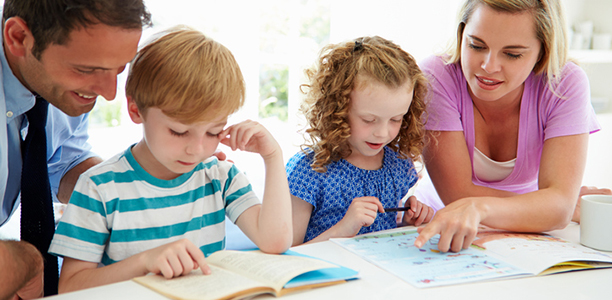Most parents will be relieved to hear Senior Lecturer in Clinical Psychology John McAloon confirm, “All kids have tantrums.” But what strategies can parents take to ensure any challenges or struggles don’t become long-lasting, serious problems?
Translating research evidence and clinical theory into everyday support for parents was one of the reasons McAloon established the Graduate School of Health’s UTS Family Child Behaviour Clinic in 2014. It’s also why he teamed up with the Human Resources Unit’s Wellbeing team to deliver two parenting workshops for staff during November.
The sessions, says McAloon, will focus on “how we can take the stuff we know works and use that to assist all families with little kids”.
Health and Wellbeing Partner Anna Dawson says, “It’s encouraging to know we can collaborate with our network of academics to provide sessions and workshops on health and wellbeing-related topics.”
With UTS committed to looking after staff in a holistic way, this initiative will underpin the mental health, relationship and community pillars of the health and wellbeing strategy.
“One of the gaps we’ve noticed is how we’re supporting parents at UTS,” says Dawson. “With everyone juggling a work/life balance, and with the holidays coming up, we want to support staff to manage their wellbeing, as well as enjoy the holidays with their family and kids.”
McAloon’s first workshop (which will include a homework task for parents) focused on common difficulties and how they might grow into more serious problems. The second session focused on ways parents can use their own behaviour to shape their children’s behaviour.
“I hope participants will have an increased understanding of how their behaviour might inadvertently contribute to increases in difficult child behaviour. Parents of little kids nearly always see tantrums or anxiety or sadness or distress, that’s part of the job of being a kid. But it’s almost always the case that parents’ behaviour can help shape those responses.”
McAloon adds, “The principles are all fairly simple. We usually see changes in kids happen quite fast, whereas adults are much harder to change. So it’s really about playing strategically with parents’ behaviour so that we see changes in children’s behaviour follow. And once we see that, we commonly also see parent/child relationships improve.”
(Source: University of Technology Sydney)










